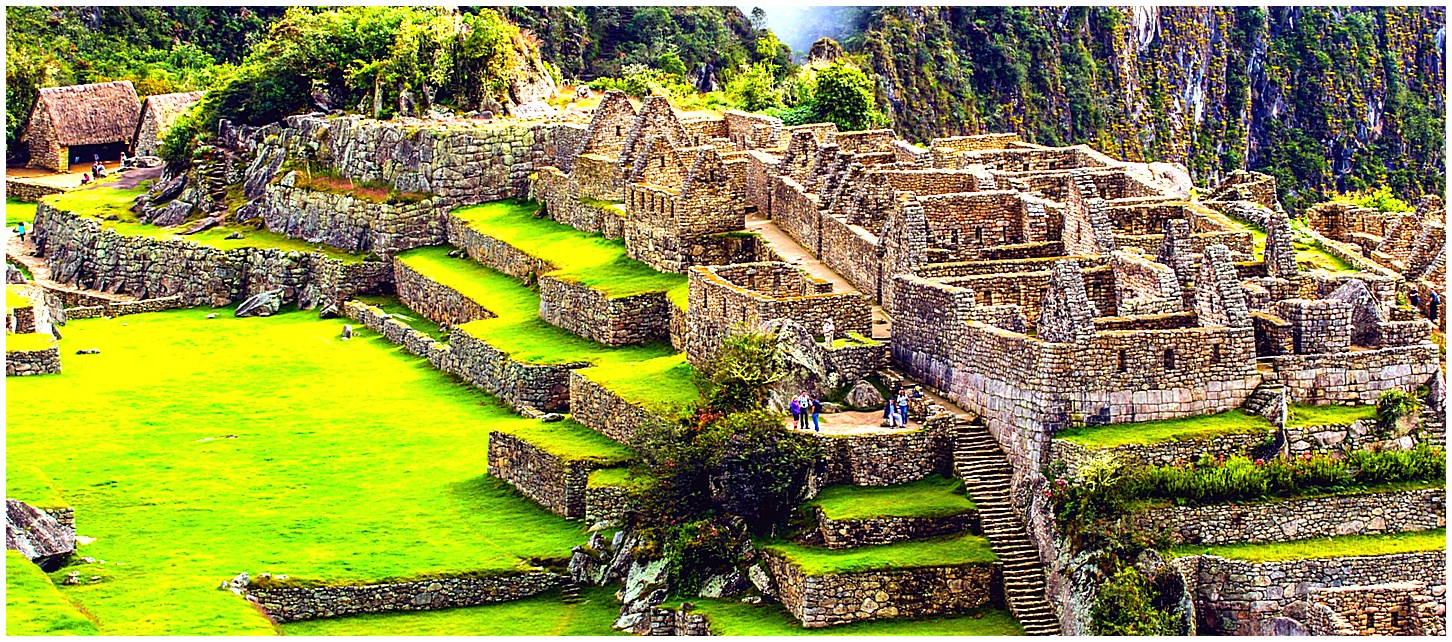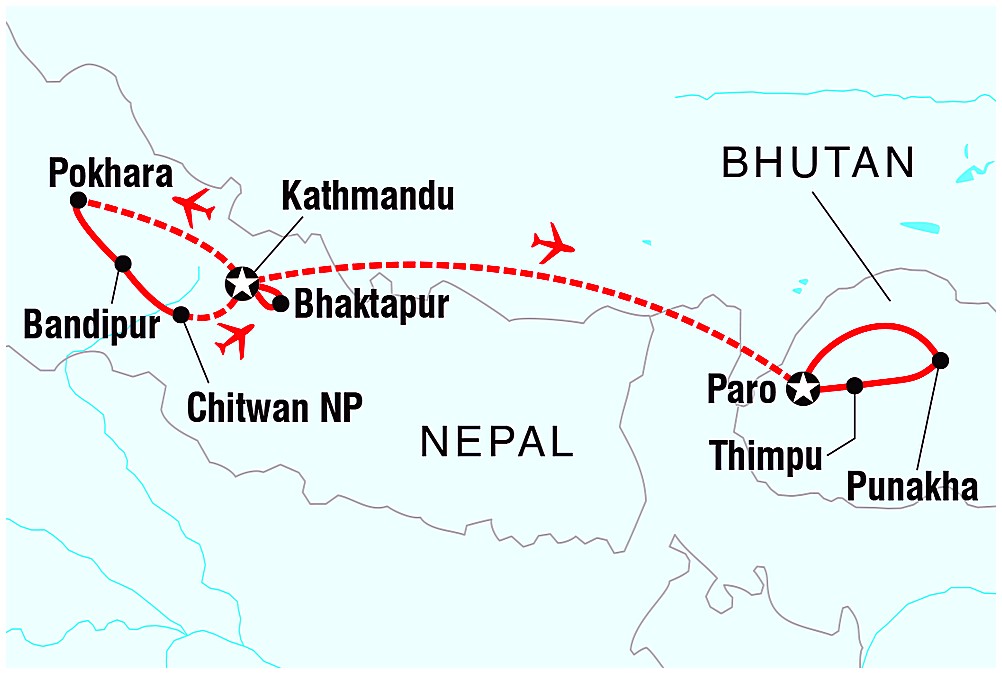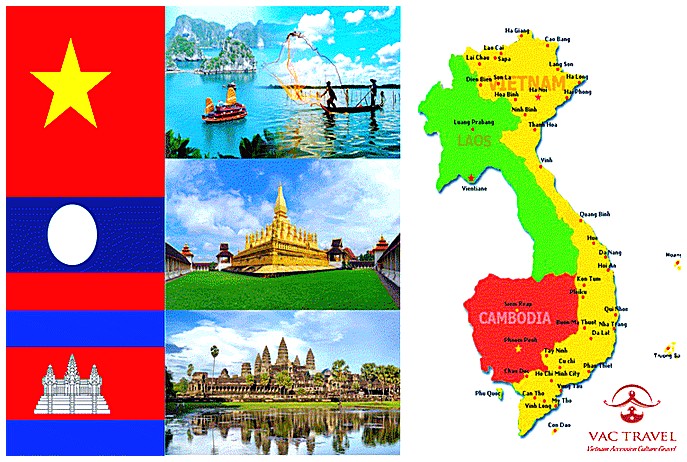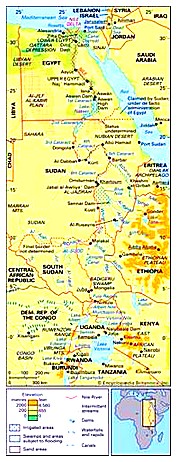Introduction to William Hill in Burundi

William Hill in Burundi is an exciting journey of exploration and discovery. Located in the heart of Africa, this small nation has a rich cultural heritage and a vibrant population. From its stunning landscapes to its bustling cities, Burundi offers visitors a unique experience that cannot be found anywhere else in the world. William Hill’s presence in Burundi allows travelers to explore this fascinating country with ease and comfort. With their extensive network of local contacts, they provide tourists with access to some of the most amazing sights and activities available throughout the region. Whether you are looking for adventure or relaxation, William Hill can help make your trip unforgettable!
Exploring the Culture and Landscape of Burundi

Burundi is a small, landlocked country in East Africa with a rich culture and stunning landscape. William Hill recently embarked on an exploration of Burundi to discover its unique cultural heritage and natural beauty. During his journey, he encountered the warm hospitality of the people and explored some of the country’s most breathtaking sights. From majestic mountains to lush forests, from vibrant markets to ancient ruins, William experienced it all firsthand. He also had the opportunity to meet with local leaders who shared their insights into Burundian life and culture. In this article, we will take you along on William’s journey as he explores the culture and landscape of Burundi.
Experiencing the People and Wildlife of Burundi

Burundi is a small country in East Africa, and it is home to some of the most unique people and wildlife on the planet. William Hill recently embarked on an exploration trip to Burundi, where he experienced the culture, customs, and wildlife of this amazing nation. In this article, we will explore his journey through Burundi and discover what makes it such a special place.
William began his journey by visiting the capital city of Bujumbura. Here he was able to experience firsthand how different cultures interact with each other in harmony despite their differences. He also visited several villages throughout Burundi that are still living off-the-grid without electricity or running water; yet they still manage to live peacefully together as one community. This was an eye-opening experience for William that showed him just how resilient these people can be even when faced with adversity.
The next part of William’s journey took him into the wilds of Burundi where he encountered some truly remarkable wildlife species including elephants, lions, hippos, giraffes and many more animals from all over Africa. He also had close encounters with primates like chimpanzees who were curious about him but not aggressive towards him at all! These experiences gave William a deep appreciation for nature’s beauty and fragility which made his trip even more memorable than before.
Finally after exploring both urban life in Bujumbura as well as rural life in remote villages throughout Burundi; William concluded his journey by reflecting upon what he had seen during his time there: “Experiencing the people and wildlife of Burundi has been an incredible privilege that I will never forget." His travels have left him inspired to continue exploring new places around the world while always keeping an open mind towards learning about different cultures along the way!
Understanding the History and Politics of Burundi

Burundi is a small country located in East Africa, bordered by Rwanda to the north, Tanzania to the east and south, and the Democratic Republic of Congo to the west. It has a population of around 11 million people who are mainly Hutu or Tutsi. The history of Burundi is complex and intertwined with its neighbor Rwanda. In recent years, it has been plagued by civil war and political unrest as well as poverty and famine. William Hill’s journey through Burundi offers an insight into this troubled nation’s past, present, and future.
Hill begins his exploration in Bujumbura where he visits several landmarks including Independence Square which marks the start of independence from Belgium in 1962. He also meets with local officials who provide him with information about Burundian politics including their struggle for democracy following decades of oppressive rule under President Pierre Nkurunziza’s regime that ended in 2015 after months of protests against his third term bid for office. Hill then travels to Gitega where he learns more about traditional customs such as bullfighting before heading off to Cibitoke Province on Lake Tanganyika where he witnesses firsthand how locals are struggling due to food insecurity caused by climate change-induced drought conditions across much of Central Africa region.
Finally, Hill makes his way back towards Bujumbura via Rutana Province which borders both Rwanda and Tanzania; here he gains further understanding into cross-border tensions between these two countries that have led to violence over land disputes throughout history but also positive initiatives such as peacebuilding projects funded by international organizations like USAID aimed at fostering reconciliation among communities living along their shared borderlands.
William Hill’s journey provides readers with a comprehensive look at Burundi’s tumultuous past while shedding light on current issues facing its citizens today such as food insecurity caused by climate change-related droughts coupled with regional tensions stemming from long standing conflicts between neighboring nations like Rwanda and Tanzania . By exploring these topics through personal accounts from locals whom Hill encounters during his travels we gain valuable insight into understanding not only the history but also politics behind one of Africa’s most fragile states – making this article essential reading for anyone looking for an up close view into life inside Burundi today
The Impact of William Hill’s Journey on His Life
William Hill’s journey to Burundi was a life-changing experience. From the moment he stepped off the plane, William knew that this trip would be different from any other he had taken before. He quickly realized that his preconceived notions of what life in Burundi would be like were far from reality. As he explored the country and interacted with its people, William gained an understanding of their culture and way of life which opened his eyes to new possibilities for himself.
The impact of this journey on William’s life was immense; it enabled him to see beyond his own experiences and expand his worldview. Through engaging with locals, learning about their customs, and experiencing first-hand how they live day-to-day, William gained a newfound appreciation for cultural diversity as well as insight into how people can come together despite differences in background or beliefs. This allowed him to become more open minded when approaching difficult situations or conversations both at home and abroad.
Moreover, by immersing himself in another culture entirely removed from his own, William developed greater self-awareness and personal growth than ever before possible; this is something which will stay with him throughout the rest of his life no matter where he goes next. His time spent in Burundi gave him invaluable lessons on resilience and perseverance which have made him stronger both mentally and emotionally – qualities that are essential for anyone looking to make a positive difference in the world around them today!
| William Hill in Burundi | Other Explorers |
|---|---|
| Journey of Exploration | Different Journeys |
| Discovery | Different Discoveries |
What motivated William Hill to travel to Burundi?
William Hill was motivated to travel to Burundi in order to document the plight of refugees who had fled from neighboring countries due to civil war and violence. He wanted to raise awareness about their struggles and advocate for improved conditions for them.
How did the people of Burundi respond to his presence?
The people of Burundi responded to his presence with great enthusiasm and joy. They welcomed him warmly, cheering and singing in celebration. Many people lined the streets to greet him as he made his way through the country, waving flags and banners in support.
What were some of the unique cultural experiences that William Hill encountered during his journey in Burundi?
William Hill encountered a variety of unique cultural experiences during his journey in Burundi. These included witnessing traditional ceremonies and dances, participating in local markets, visiting the King’s palace, learning about Burundian history and culture from locals, tasting traditional dishes such as roasted corn and banana beer, meeting with village elders to discuss their customs and beliefs, attending religious services at local churches or mosques, exploring the lush countryside by bike or on foot, experiencing wildlife up close while on safari trips through national parks like Kibira National Park. Additionally he had the opportunity to meet with members of various ethnic groups including Hutu and Tutsi people.
How has William Hill’s experience in Burundi impacted his life and outlook on the world?
William Hill’s experience in Burundi has had a profound impact on his life and outlook on the world. He was deeply moved by the resilience of the people he encountered there, despite their poverty and lack of resources. This inspired him to focus more on helping those in need, both locally and globally. His time in Burundi also gave him an appreciation for different cultures and ways of life, as well as a greater understanding of how interconnected our world is. It also helped shape his view that all people should be treated with respect regardless of their background or beliefs.
In what ways did William Hill’s journey contribute to a better understanding between cultures?
William Hill’s journey contributed to a better understanding between cultures by providing an opportunity for different people from different backgrounds to come together and learn about each other. Through his travels, he was able to gain insight into the customs, beliefs, and values of various cultures. He also wrote extensively about his experiences in books and articles which helped spread knowledge and appreciation of foreign cultures among readers. His work served as a bridge between disparate societies, helping them understand one another more fully.
What advice would he give other travelers considering visiting Burundi?
He should research the current political and security situation in Burundi before visiting, as it can be volatile. He should also familiarize himself with local customs and laws to ensure he respects the culture of the country. Additionally, he should purchase comprehensive travel insurance that covers medical expenses, trip cancellations, lost luggage, and other potential issues. Finally, he should make sure to carry all necessary documents such as a valid passport at all times while traveling in Burundi.
Are there any particular places or activities that stand out as highlights from his trip to Burundi?
It is difficult to pinpoint particular places or activities that stand out as highlights from a trip to Burundi, as the country has many attractions and experiences to offer. Some of the most popular tourist destinations in Burundi include Lake Tanganyika, Kibira National Park, Rusizi National Park, and Rumonge Beach. Popular activities for visitors include hiking in the hills around Bujumbura, visiting local markets and cultural sites such as churches and mosques, exploring wildlife reserves like Gishwati-Mukura National Park, taking boat trips on Lake Tanganyika or kayaking on one of its tributaries. Additionally, visitors can explore caves at Rwegura Natural Reserve or take part in traditional ceremonies with local communities.
Has William Hill returned for subsequent visits since his initial exploration of this African nation?
It is not possible to answer this question without more information.